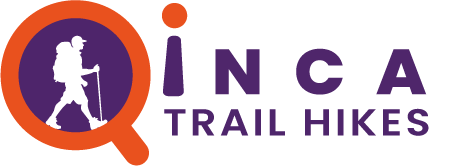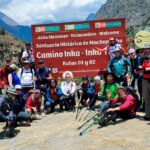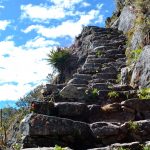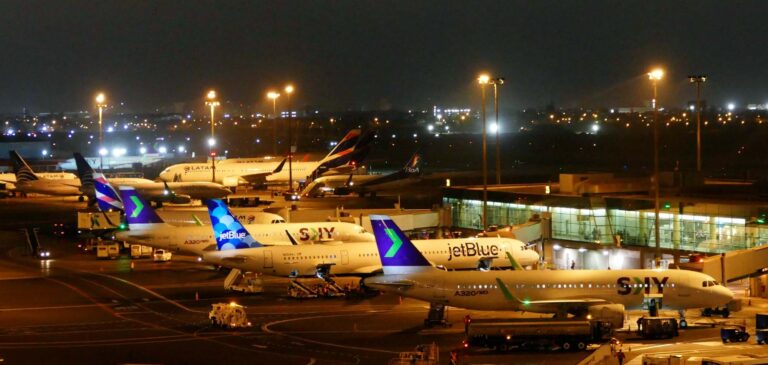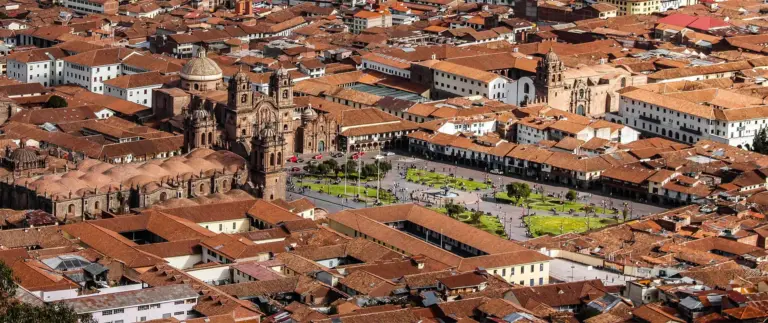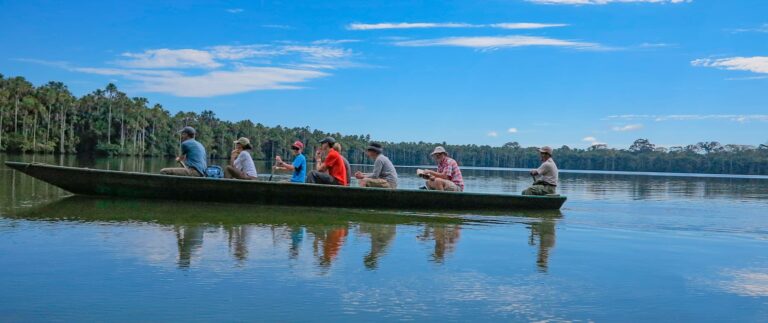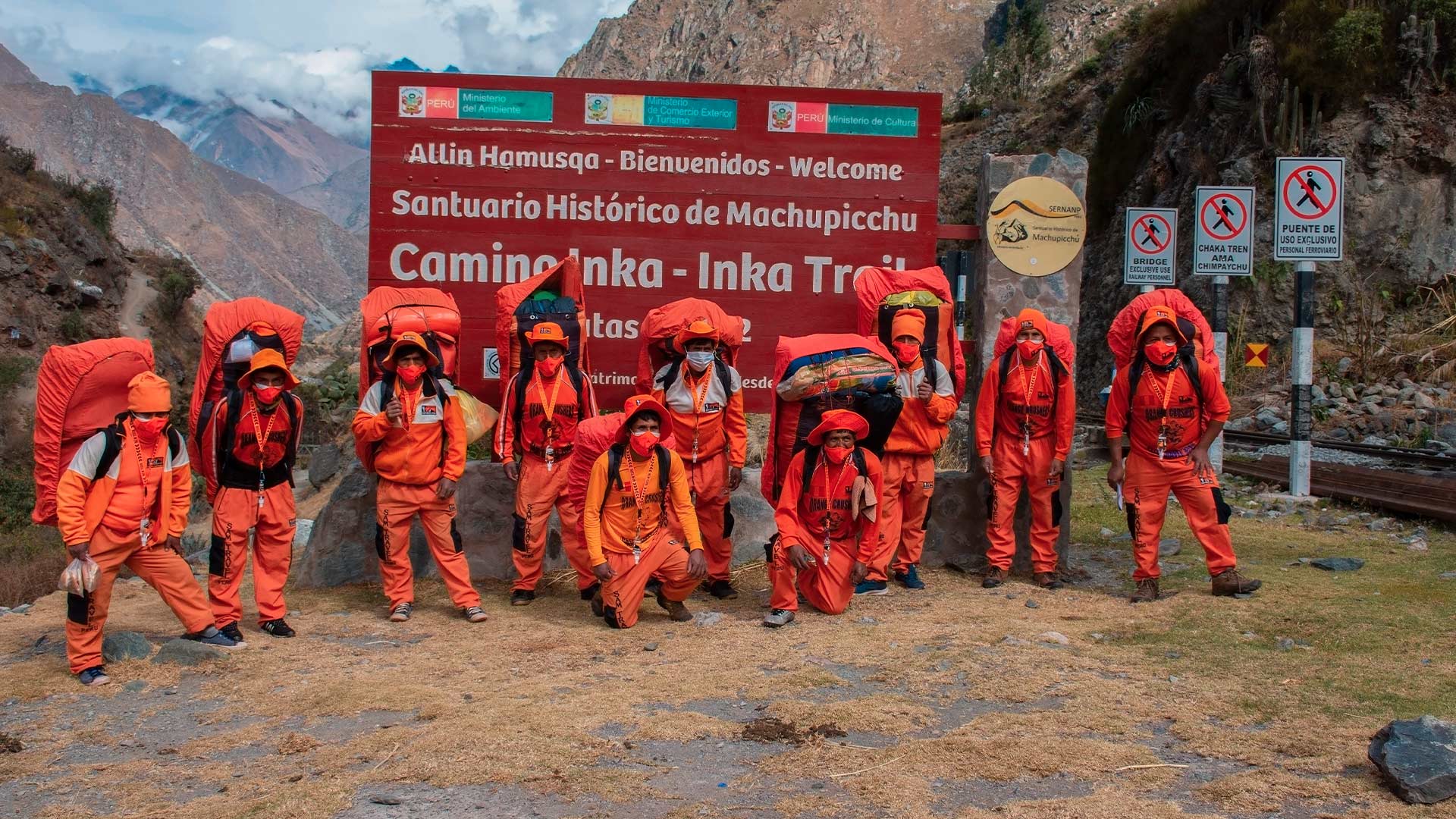
Tipping culture can be confusing and sometimes overwhelming. In some countries its expected and encouraged and others it may seem offensive. In Peru in general, tipping is highly appreciated by any person in the service and restaurant industries. However, you are not necessarily expected to tip at a place like your local Mercado for example. In a nice restaurant in the middle of the city center tipping is not mandatory but it is highly encouraged. Tour services and treks are similar in this regard when considering the porters, chefs, tour guides and drivers. If you received exceptional service and want to show your appreciation then tipping your tour staff, especially the porters and chefs, is highly encouraged and appreciated but, not mandatory.
*The Inca Trail to Machu Picchu is a world famous adventure, everyday 150 hikers and 350 tour staff set out to conquer the Inca trail.
** The 4 and 5 day Inca trail hikes are over 44k or 28m of adventure. Pass by numerous Incan ruins, over tall mountain passes, finally arriving at the Lost Inca city of Machu Picchu.
*** Many people from around the world flock to Machu Picchu to fulfil the trip of a lifetime. For the Inca Trail staff its more than adventure its a source of income, a lifeline, and a invaluable part of their cultural heritage.
Whats an Appropriate Tip?
Knowing how much to give your Inca Trail staff can be confusing. To help better understand we will take a look at what some of the top rated local tour operators recommend. These recommendations are for the classic 4 day Inca Trail tours. Remember to tip in soles and with low denomination bills.
- SAM Travel Peru recommends that each person in the group contributes between 150 and 225 soles (US$40 to $60) to a “pot.” It is then distributed among the cook, assistant cook, general assistant, and porters. Also, around 34 soles ($9.00 to) from each person in the group for the assistant guide and 42 soles ($11.00) for the principal guide. Totaling to around $60-$80 for the entire tour staff.
- 69 explorer recommends around $60 per person for all the tour staff
- Orange Nation says that each traveler should give approximately $60 for the entire tour staff to split
And a couple more recommendations:
- Sam Corporations: “A good rule of thumb is anywhere from $10 to $15 per day for the porters” (35 to 55 nuevos soles).
- Inca Trail Hike (an independent website, not a tour agency) recommends taking an extra US$60 to $90 per person to cover tips, with additional personal porters tipped separately.
Please keep in mind that tips are never mandatory, and that these are suggestions for good to excellent service. For whatever reason, if you feel that your service was not up to par, for example mediocre food, or broken/overused equipment, don’t feel pressured to tip. Additionally, try not to over tip.
There are other ways to show appreciation to your tour staff. Many of the staff live in remote villages with their families, consider donating school supplies toys or clothing to support local families, they will greatly appreciate it. Imagine receiving a gift from country on the other side of the world it may be more meaningful than you think.
Inca Trail Porters and Responsible Trekking
We all know The Inca Trail is one of the most famous hikes in the world and seeing Machu Picchu is on many peoples bucket list. This multi day 4 or 5 day trek takes travelers to intriguing Inca ruins, over high altitude mountain passes, down through peaceful valleys, and into the mystical Andean Cloud Forest, all the while hiking over the original stone steps the Inca once walked.
Everyday 150 adventurers set out on The Inca trail but, behind the scenes are 350 trail staff, including chefs, porters, and guides, who help support you and make the trip possible. For these porters the Incan trail is not just an adventure but, an important part of their cultural heritage, and essential part of their daily lives, bringing them an invaluable source of income. It’s important that everyone has the best experience possible and is shown the upmost respect while on the trail, this includes the porters and cooks. By understanding the porters and cooks role you can have a thoroughly meaningful experience allowing you to look back on a positive and responsible adventure.
We’re happy to help fulfil your Inca Trail adventure. Contact us for more here!
Tipping Peruvian Tour Guides
Recreation and tourism is one of Peru’s most important industries. Those who study in this field are experts in things like, Peruvian history, the Incan empire, and the fauna of the Amazon. They also study foreign languages like English, German and French. All of these topics are essential if someone wants to pursue a career in recreation and tourism. The vast majority of tour guides are very invested in their regions history and try hard to make every travelers experience a memorable one. The tips that tour guides get are very well received. Tipping your guide is not mandatory however it is a widespread practice here in Peru, and some guides whether it’s ethical or not, depend on it.
Please make sure to only tip your guide if they did an excellent job while on the tour. This includes effective communication, polite and professional demeanor, and their level of knowledge about the tour.
Who Are the Inca Trail Porters?
The Inca Trail porters come from various areas in and around the Cusco area. Historically the porters were underpaid, overworked, carried heavy loads, and were generally underappreciated. Many companies were exploiting the hard work of these individuals.
At the turn of the century the porters voiced their struggles and forced the Peruvian government into providing more fair labor laws. Things have improved since then but, we still have a long way to go.
The porters make everyone’s Inca Trail as comfortable as possible. Without them, most people would not be able to complete the trek.
Porters carry the personal belongings and community equipment of all the trekkers apart from the small day bags. The porters are the first ones to rise, making coffee and tea for all the trekkers, setting up camp and breaking it back down. They often work long hours that can last as long as 16 hours.
What Do the Porters Carry?
Porters carry everything from personal belongings, sleeping bags and sleeping pads, to the community equipment. The community equipment includes cooking and dining tents, food and fuel for cooking. They also pitch tents and break camp for all the hikers on the trail.
Every tour operator and their porters, and the hikers themselves, should be practicing the “Pack it in pack it out” philosophy. All of the trash is packed away and hiked off the trail back to civilization on the backs of the porters.
How Much Weight Do Inca Trail Porters Carry?
The Inca Trail porters by law cannot carry more than 20kg 5 of which is made up of their own personal belongings.
Along the way there are various checkpoints where officials check that all porters are being respected and that their weight allowances are not being abused. Some companies try and use the 5 kg of personal belongings for he hikers equipment.
Seriously consider tipping your tour staff. If they provided you with an unforgettable experience that you will cherish for a lifetime then it only makes sense to show your appreciation. Use your best judgement as always, and enjoy your adventure on the Inca Trail!
